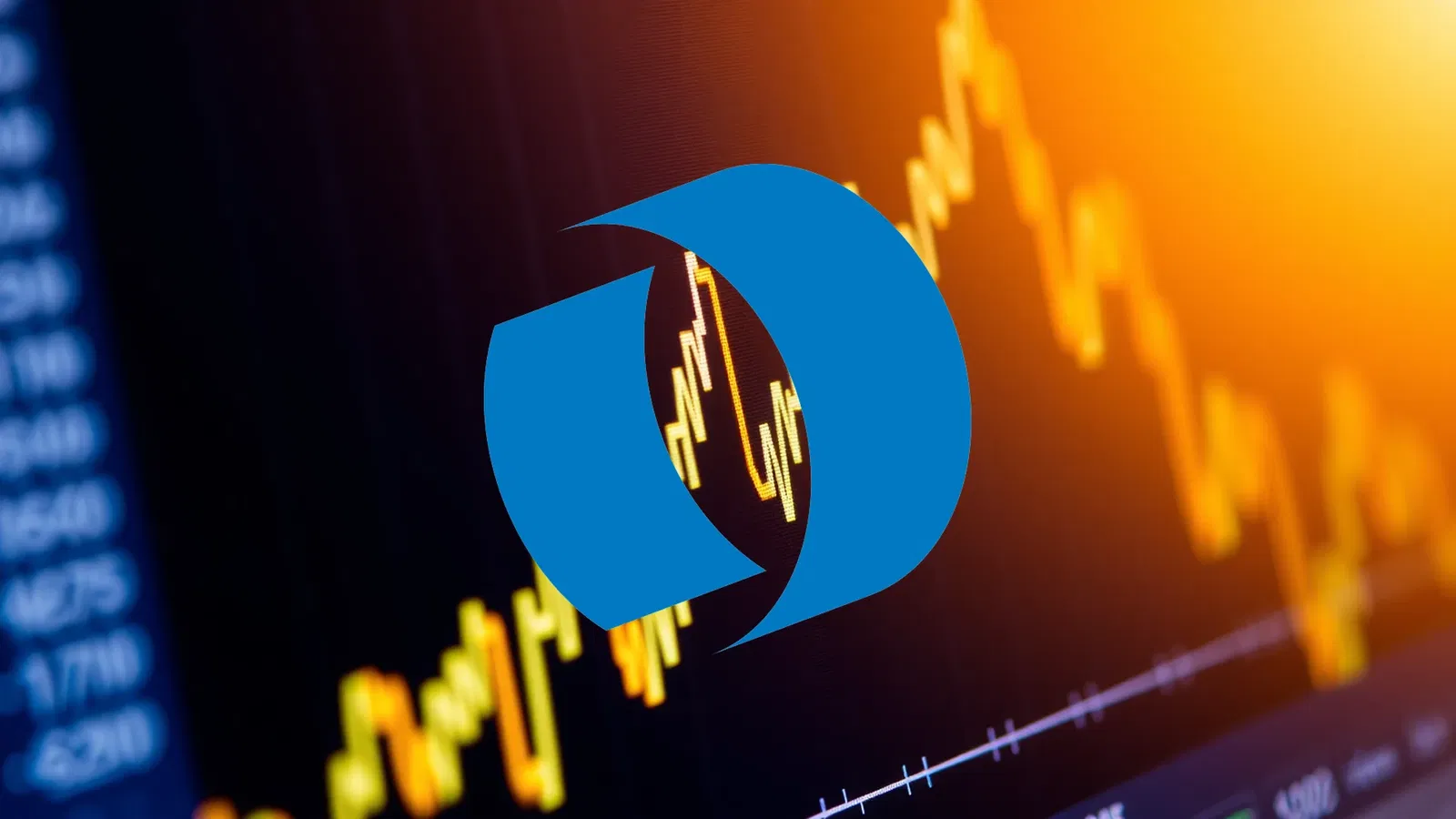Despite posting impressive financial results, Meta finds itself grappling with significant investor skepticism. The core advertising business demonstrates robust health, yet shareholders are expressing growing unease over the company’s substantial capital expenditures. The central question facing the market is whether the current share price weakness represents a temporary setback or the beginning of a more prolonged downturn.
Strong Fundamentals, Weak Sentiment
Meta’s third-quarter performance would typically trigger investor enthusiasm. Revenue climbed 26.2 percent to $51.24 billion, while adjusted earnings reached $7.25 per share, comfortably exceeding market projections. The company’s AI-powered advertising tools are proving exceptionally effective, generating an estimated $60 billion in ad revenue.
However, this strong operational performance has been overshadowed by concerns about the company’s spending trajectory. Under CEO Mark Zuckerberg’s direction, Meta is aggressively funding its artificial intelligence initiatives and its Reality Labs virtual reality division. Capital expenditures are projected to potentially surpass $70 billion by 2025—a figure that alarms investors focused on cash flow preservation.
The Cost of Innovation
The company’s ambitious spending is most evident in its Reality Labs segment, which reported a $4.4 billion operating loss during the third quarter alone. This substantial investment in what Zuckerberg envisions as the next computing platform has divided market experts.
Should investors sell immediately? Or is it worth buying Meta?
Some analysts view the current share price decline as a buying opportunity, arguing that AI investments are essential for long-term competitiveness and that the strong core business can support these future-oriented projects. Others caution that spending appears to be escalating beyond control, creating uncertainty about when—or if—these massive bets will generate returns.
Technical and Institutional Concerns
Market charts reflect the prevailing pessimism, with Meta shares trading significantly below all key moving averages—a technical indication of persistent selling pressure. Although some indicators suggest the stock may be oversold, sufficient buying interest to reverse the downward trend has failed to materialize.
Institutional investors are growing increasingly cautious. The Bank of New York Mellon and Freestone Capital both reduced their positions during the second quarter, signaling that Wall Street’s confidence in Zuckerberg’s multi-billion dollar wagers is eroding.
The divergence between Meta’s operational success and its market performance highlights a fundamental conflict: can massive spending on future technologies be justified when current businesses are delivering record results? Until the company provides clearer evidence that its substantial investments will yield returns, investor apprehension is likely to persist.
Ad
Meta Stock: Buy or Sell?! New Meta Analysis from February 7 delivers the answer:
The latest Meta figures speak for themselves: Urgent action needed for Meta investors. Is it worth buying or should you sell? Find out what to do now in the current free analysis from February 7.
Meta: Buy or sell? Read more here...









